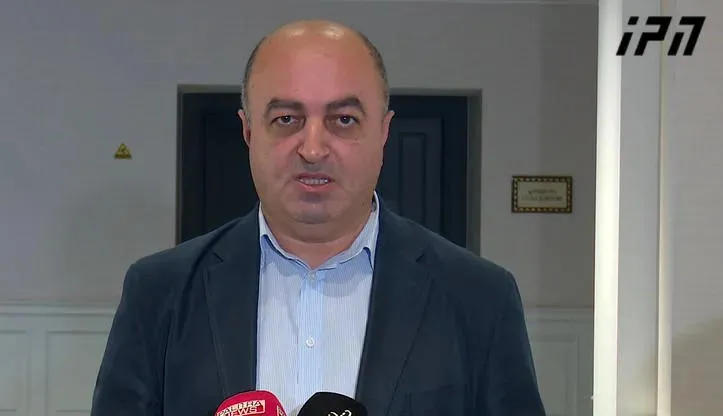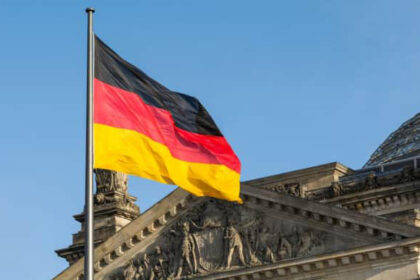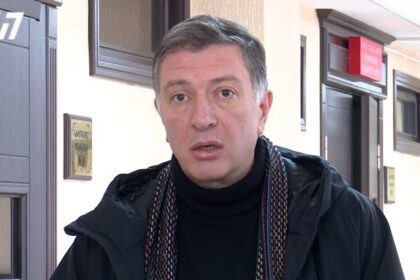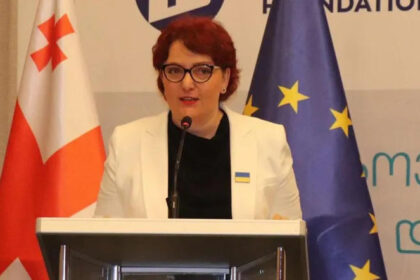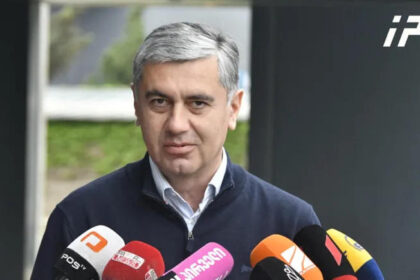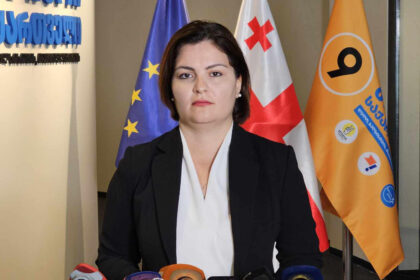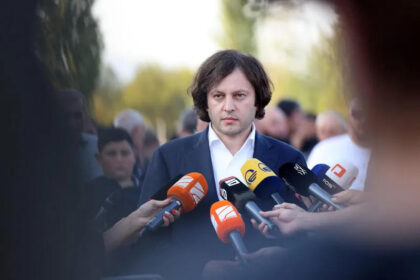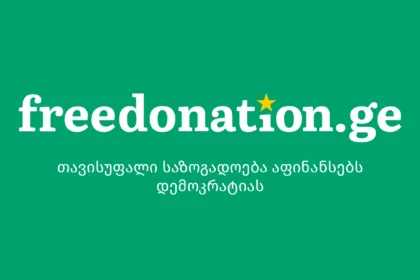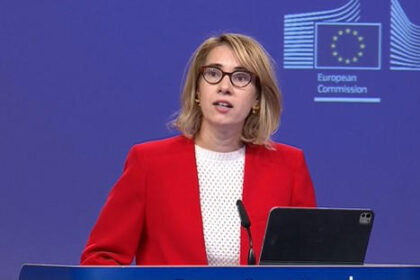**NGO Leader Accuses Russian Channel of Spreading False Information**
In a recent development, the head of the Institute for the Study of Democracy, Ucha Nanuashvili, has come out against a report aired on a Russian channel that he claims is completely fabricated and edited. Speaking to journalists, Nanuashvili stated that the report is nothing more than standard Russian propaganda aimed at deceiving the public.
According to him, the original recording was about the involvement of so-called “titushki” – informal, armed, bandit groups – in the beating of citizens during protests in November-December last year. However, in the edited version aired on the Russian channel, Nanuashvili’s words were twisted and presented in a completely different light.
**Russian Propaganda at Play**
Nanuashvili accused Georgia’s de facto government of deliberately spreading these false messages, which are also being repeated by propagandist media. He pointed out that this is not the first time Russian propaganda has been used to manipulate public opinion, and that Georgian media often blindly follow the narrative presented on Putin’s TV channel.
For context, it was revealed that Nanuashvili and another high-profile figure, Salome Zurabishvili, were contacted under false identities – those of Garry Kasparov and Petro Poroshenko, respectively. This is a clear indication of the lengths to which Russian propagandists will go to create fake news and manipulate public opinion.
**The Dangers of Falsified Information**
This incident highlights the dangers of spreading falsified information and the importance of media literacy in today’s world. With the rise of social media, false news can spread quickly, causing harm to individuals and communities.
In this case, Nanuashvili’s words were twisted to imply that he was organizing informal groups and preparing a Maidan-style revolution in Georgia – a claim that is completely baseless. The consequences of such misinformation can be severe, causing confusion, fear, and even violence among the public.
**A Call for Media Responsibility**
As this incident shows, it’s essential for media outlets to take responsibility for verifying information before publishing it. In today’s world, where disinformation can spread rapidly, journalists and media organizations must prioritize accuracy and truthfulness above all else.
The Institute for the Study of Democracy, under Nanuashvili’s leadership, has called on Georgian media to be more discerning in their reporting and to avoid spreading Russian propaganda. This is a crucial step towards promoting media responsibility and preventing the spread of false information in Georgia and beyond.




